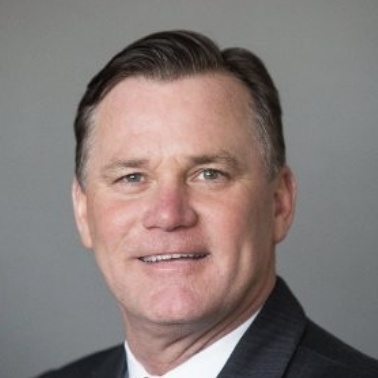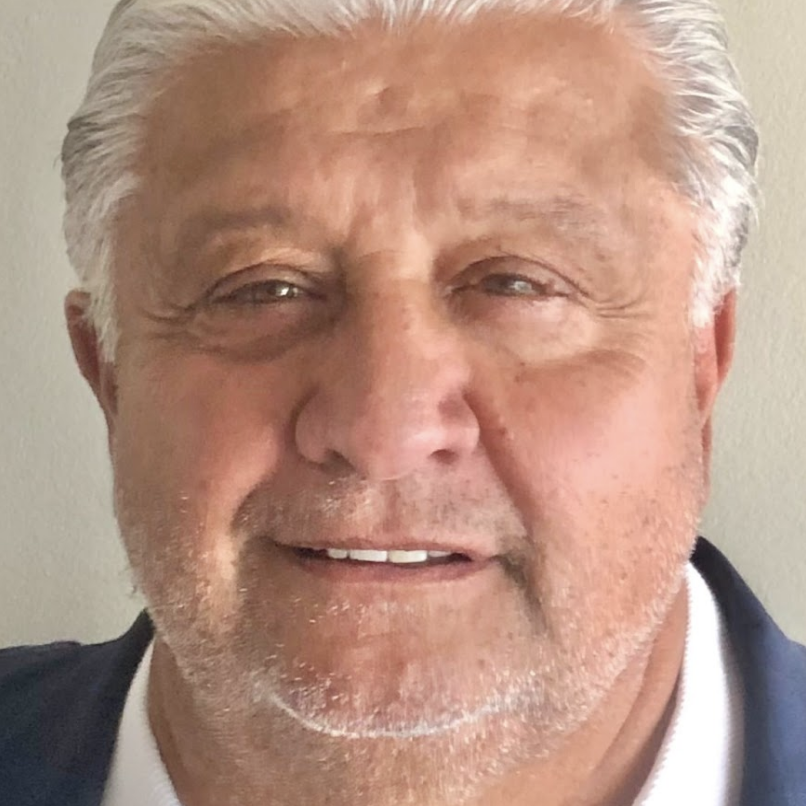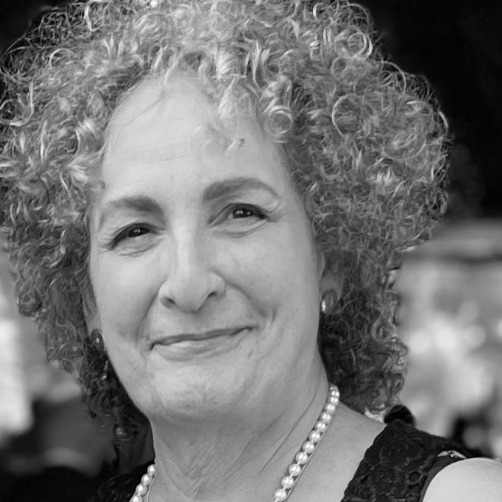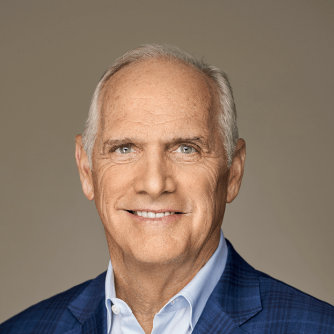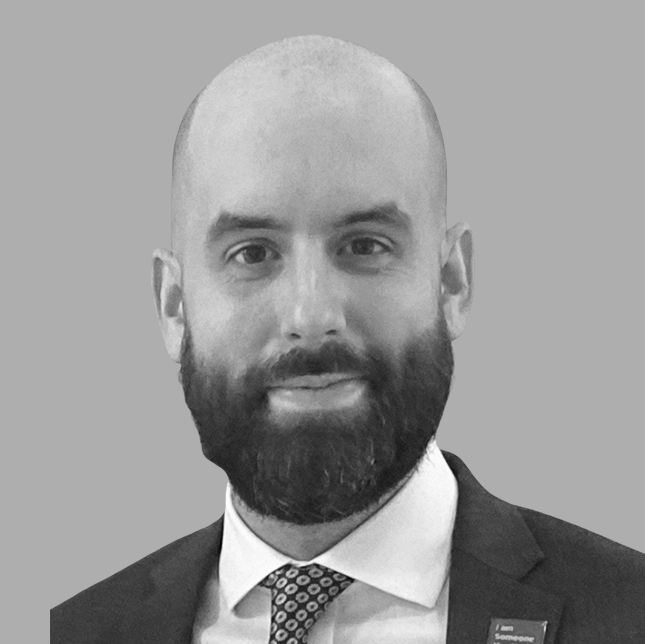The research is clear—peer support works. If you’re looking to check out the robust empirical support for the effectiveness of peer coaching, check out our prior blog post: The Impact of Peer Recovery Coaching.
At Manifesto Health, our peer recovery coaches extend care into real-world scenarios where it’s needed most—such as returning home after treatment, going back to work, and reaching the crucial one-year mark in recovery.
Our peer support workers use their lived experience of recovery, combined with our extensive and continuous training/supervision, to assist people in initiating and maintaining recovery. Through shared understanding and mutual empowerment, peer support workers can fill the gaps in support that clinical care cannot reach.
We want to be deliberately clear here: our peer-led support is not a replacement for clinical services such as psychotherapy and medications—but it can enhance and reinforce them. Moreover, individuals in different stages of their recovery may not elect to use clinical services (or may not have access to them), but could benefit from accessible and affordable peer support.
There’s an estimate of over 20 million individuals in recovery living in the US. While not everyone in recovery will choose to be a peer support worker, even a small portion of the recovery population that elect to become peer support workers can fill the problematic shortages of behavioral health professionals.
Currently, the shortage of behavioral health providers is posing a major barrier to effective care—and people in need are paying the price. Furthermore, if the client is willing to tolerate the long wait-lists and limited access, outpatient psychotherapy is expensive and many behavioral health providers do not take insurance because of poor reimbursement rates by insurers.
Peer support services create much greater access to care-delivery by providing localized, affordable, and effective services that keep people connected to care for longer durations. While peer support services are not a replacement for clinical care, they are an underutilized resource that should be implemented in more outpatient settings along the continuum of care.
In Pennsylvania, approximately 55% of SUD treatment centers offer peer services of some kind. However, most of these services are limited to a few peer staff that support inpatient clients. Employing peer support workers in greater numbers in outpatient settings is the key to facilitating long-term engagement and connection to the continuum of care. A commitment to long-term recovery is no easy feat—and should come with a longer-term support plan than clinical treatment typically offers.
Simply put, addiction is a behavioral condition that requires long-term engagement for the best likelihood of sustained behavior change. At Manifesto Health, our peer recovery coaches offer accessible and affordable support with understanding and empathy that only a peer can offer.


